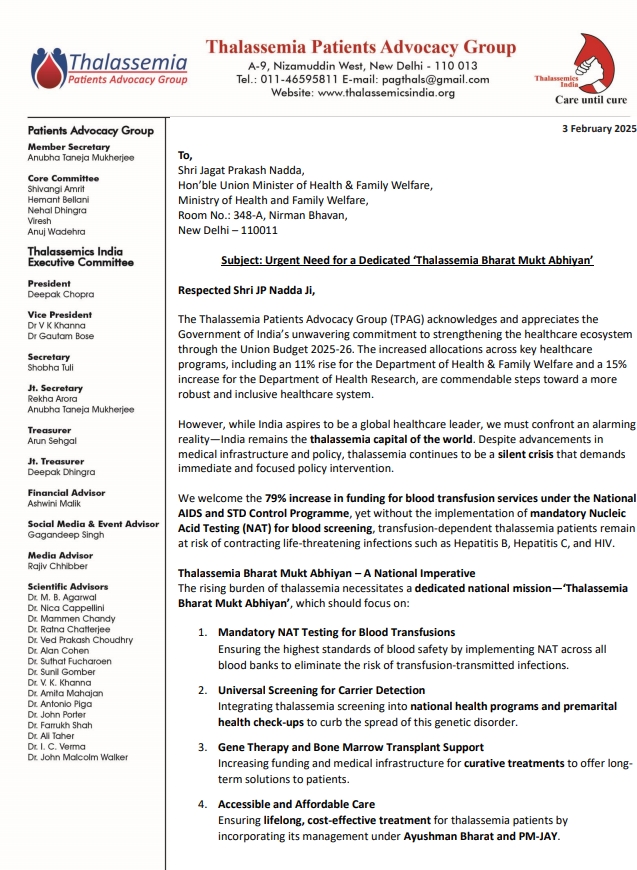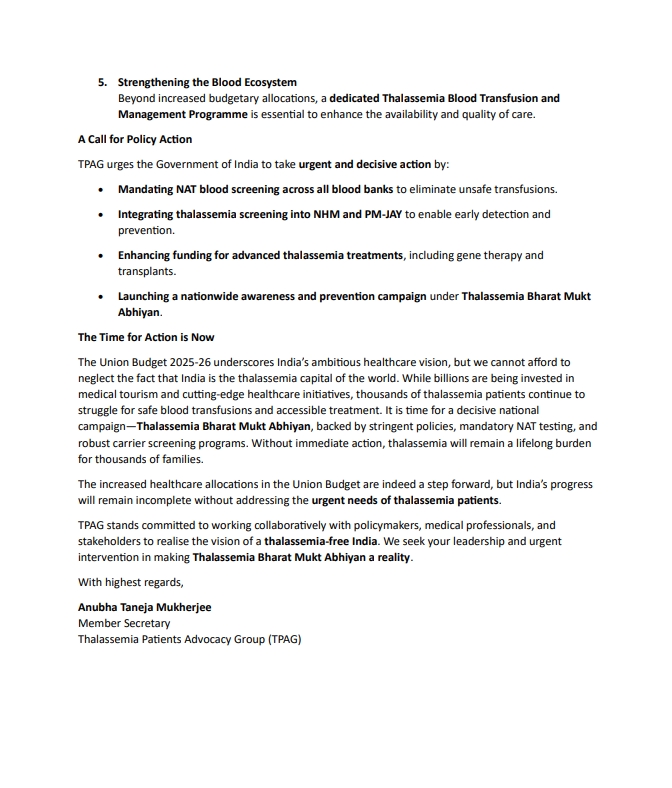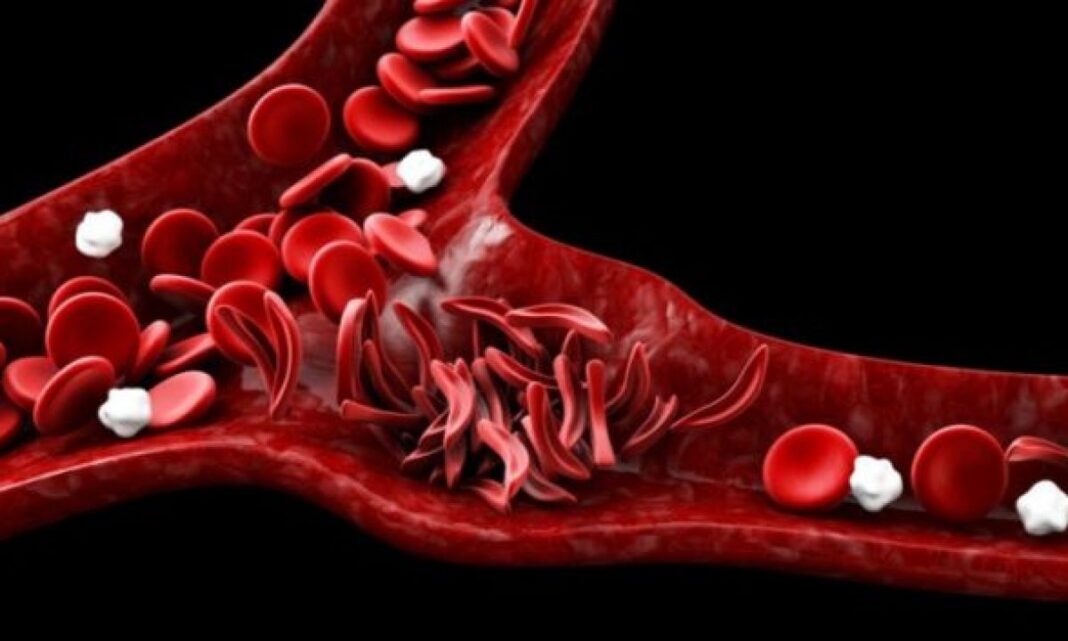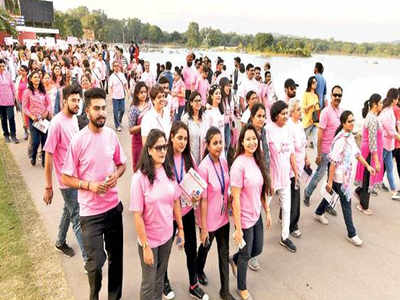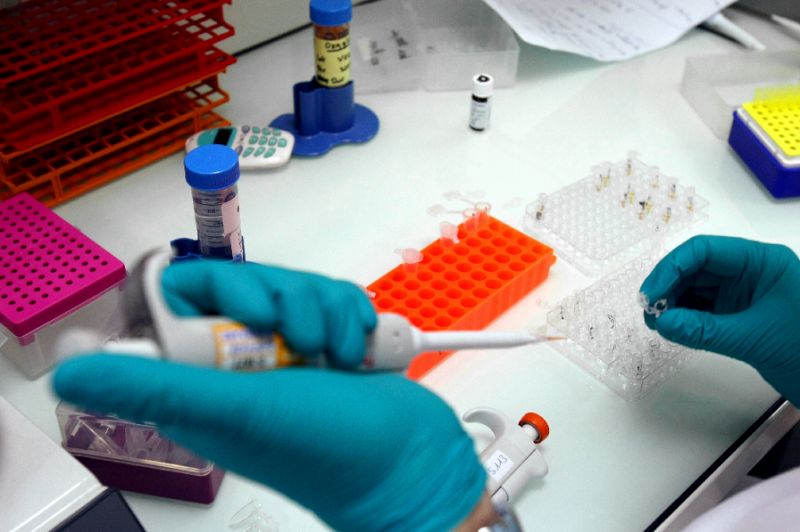New Delhi|Ekta
In India there are many blood related diseases like anemia, thalassemia, polycythemia, hemophilia leukemia etc . A blood disorders is affecting both red blood cells and white blood cells apart, platelets and blood plasma. Recently in Indian parliament the concern raised related to blood safety in India.
On February 4, 2025, Rajya Sabha MP Dr. Ajeet Madhavrao Gopchade (BJP, Maharashtra) raised an unstarred question in Rajya Sabha on blood banks and human safety.
He sought details on the Central Government’s actions, in collaboration with State Governments, to implement the Supreme Court’s verdict on Writ Petition (Civil) 91 of 1992—one that underscored the critical need for regulating blood banks and ensuring human safety.
Dr. Gopchade further inquired whether the government had received any representation for a National Blood Transfusion Act, aimed at creating a legislative framework to standardize and ensure the safety of blood services across India. His intervention comes at a crucial time when blood transfusion safety continues to be a pressing issue, particularly for patients with chronic conditions like thalassemia and hemophilia, who rely on frequent transfusions.
Responding to the questions, MoS Health & Family Welfare, Anupriya Patel, outlined the government’s measures, including Mandatory Testing for Five TTIs, Expansion of Nucleic Acid Testing (NAT), Proposed Capital Blood Centers, National External Quality Assessment (EQA) Program Expansion, Transition to a Community-Based Approach.
While these measures mark progress, experts believe they are not enough. The reality remains stark—many thalassemia patients continue to contract life-threatening infections due to unsafe blood transfusions, reinforcing the need for more robust policies.
NAT Must Be Mandated Across India
At the heart of the blood safety debate lies Nucleic Acid Testing (NAT)—a technology that can detect infections in donated blood much earlier than traditional methods, significantly reducing the risk of transfusion-transmitted infections (TTIs). Despite its proven efficacy, NAT testing is still not universally mandated across India, leaving thousands of thalassemia patients exposed to preventable infections.
Anubha Taneja Mukherjee, Member Secretary, Thalassemia Patients Advocacy Group (TPAG) who has written letter to Union Health Minister on same subject emphasized the urgency of mandating NAT nationwide:
India cannot afford to let preventable infections claim the lives of those already battling thalassemia. The expansion of NAT is a step in the right direction, but without a national mandate, it remains an incomplete solution. Every patient deserves access to the safest blood possible, and the government must act decisively to ensure that NAT testing becomes a non-negotiable standard across all blood banks in India letter stated.
Time for a National Blood Transfusion Act
Beyond NAT, India needs a comprehensive National Blood Transfusion Act to regulate and standardize blood services nationwide. Unlike many countries that have robust legal frameworks governing blood safety, India still lacks a unified law to ensure quality and safety across all states. The absence of stringent regulations has led to inconsistencies in testing, storage, and distribution—putting patients at risk.
Parity with the Sickle Cell Anaemia Mission
While India has launched a National Sickle Cell Anaemia Elimination Mission, no such initiative exists for thalassemia, despite India having one of the highest burdens of the disease globally. TPAG calls for a National Thalassemia Control Programme on par with the government’s efforts for sickle cell anaemia. This should include mandatory screening, improved treatment facilities, and greater research investment.
The Need for Indigenous Gene Therapy Solutions
In the long term, India must invest in gene therapy research for a complete cure for thalassemia. While gene therapy is now a reality in countries like the US, it remains financially out of reach for most Indian patients. As the ‘Pharmacy of the World,’ India must take the lead in developing affordable gene therapy solutions for its thalassemia community.
A Call for Urgent Policy Action
TPAG stands committed to working with the government to improve the lives of thalassemia patients. With a Public-Private Partnership (PPP) model, India can make significant strides in blood safety and thalassemia care. However, the time to act is now. Every delay in implementing NAT, enacting a blood transfusion law, or investing in gene therapy costs lives. India must take decisive steps to ensure that those fighting thalassemia are not failed by the system meant to protect them.
